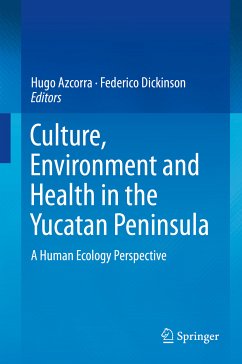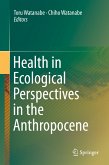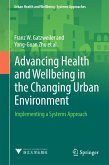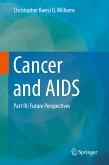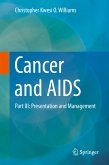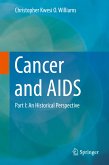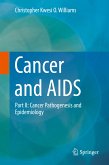This edited volume brings together contributions from a range of different scientific disciplines - such as biological anthropology, bioarchaeology, human biology, nutrition, epidemiology, ecotoxicology, political economy, sociology and ecology- that analyze the interactions between culture, environment and health in different domains of human life, such as:
- The political ecology of food, nutrition and health
- Impacts of social and economic changes in children's diet and women's fertility
- Biological consequences of social vulnerability in urban areas
- Impacts of toxic contamination of natural resources on human health
- Ecological and sociocultural determinants of infectious diseases
Culture, Environment and Health in the Yucatan Peninsula - A Human Ecology Perspective will be of interest to researchers from the social, health and life sciences dedicated to the study of the interactions between natural environments, human biology, health and social issues, especially in fields such as biological and sociocultural anthropology, health promotion and environmental health. It will also be a useful tool to health professionals and public agents responsible for designing and applying public health policies in contexts of social vulnerability.
Dieser Download kann aus rechtlichen Gründen nur mit Rechnungsadresse in A, B, BG, CY, CZ, D, DK, EW, E, FIN, F, GR, HR, H, IRL, I, LT, L, LR, M, NL, PL, P, R, S, SLO, SK ausgeliefert werden.
Hinweis: Dieser Artikel kann nur an eine deutsche Lieferadresse ausgeliefert werden.

